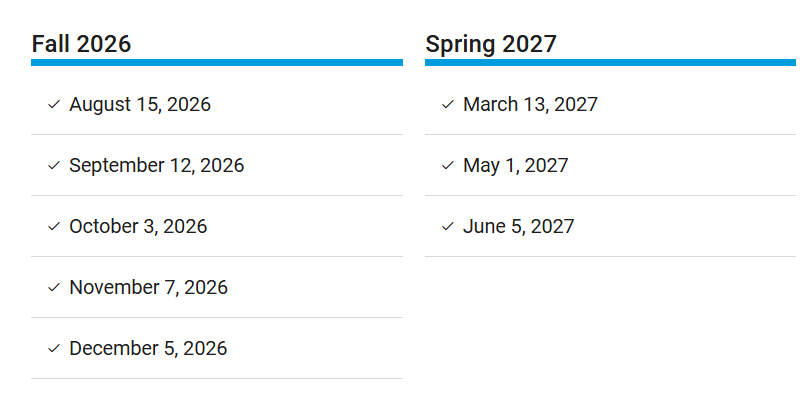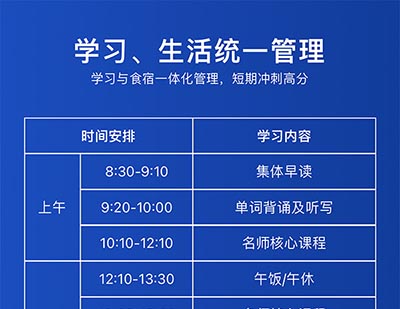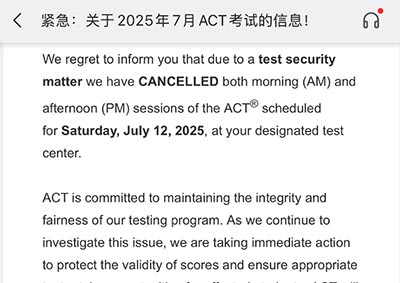在上篇的内容当中我们给大家从网上汇总过,2023年1月14日托福考试的机经回顾,为了帮助大家更好的准备托福考试,我们本期给大家分享一下该场托福考试写作部分的真题范文,希望对备考的同学们有所帮助!
2023年1月14日托福独立写作
A parent wants to help his or her child become better at a skill, such as playing a musical instrument or competing in a sport. Some people believe that the best way to do so is for the parent to require the child to practice every day for a set number of minutes or hours. Other people believe that it is best for the parent to encourage the child to practice only as much as the child wishes, with no requirement about the amount of time spent practicing. Which view do you agree with, and why?
为了提高一项技能,父母应该规定孩子每日练习的时间,还是让孩子想练多久就练多久? 这道题目属于利弊分析类题型,题目含有绝对词和二选一,而且有明确目的。
网上范文参考:
I think the first option, i.e. requiring the child to practice for specific minutes or hours, is the best way to become better at a skill.
Firstly, having such a regular requirement enables a child to form good long-term habits. The reason is simple: if a child is required to practice a musical instrument or do exercises on the daily basis, that means that he or she is given chances to make progress and gain experience steadily in this aspect, which is very essential in formative stages like adolescence. With the passage of time, it is a likely scenario that the child could be able to perform reliably or even achieve greater proficiency.
Kids could also derive a sense of confidence and achievement from the advances made in this process. Eventually, all the effort and time turn out to be the stepping stone to their successful mastery of the skill, such as playing a musical instrument (e.g. violin) or competing in a sport (e.g. tennis and swimming).
Some may argue that giving kids more freedom is a better way to encourage their initiative than strict requirements. Theoretically, this idea seems feasible but in reality, some serious problems exist. One central issue is that innocent, inexperienced young kids may go in the wrong direction if they are allowed to practice only as much as they wish.
Specifically, for some kids who lack self-discipline, they may falsely believe that minimal practice would suffice, so children tend to slack off and be out of practice without parental supervision. On the other hand, those self-motivated learners may be over-ambitious and drain their energy with excessive workload. There is no need to go to such extremes. In this case, parents should play an important role and offer proper guidance by setting an appropriate amount of practice.
本网站注明"来源:朗思教育"的所有文字、图片和音视频稿件,版权均属杭州朗思教育咨询有限公司所有,任何媒体、网站或个人未经本网协议授权不得转载、链接、转贴或以其他任何方式复制、发表。
已获得本网站授权的媒体、网站,在使用时必须注明"来源:朗思教育",违者本网将依法追究法律责任。
课程推荐
-

【朗思】雅思基础S1冲刺6分
滚动开班 课时数:24/72课时 -

【朗思】托福基础S1段冲刺80分课程
滚动开班 课时数:24/72课时 -

【朗思】SAT基础课程班(目标1200分)
滚动开班 课时数:24/72课时 -

【朗思】GMAT强化班
滚动开班 课时数:24/72课时 -

【朗思】A-level VIP 1对1课程
滚动开班 课时数:/
















